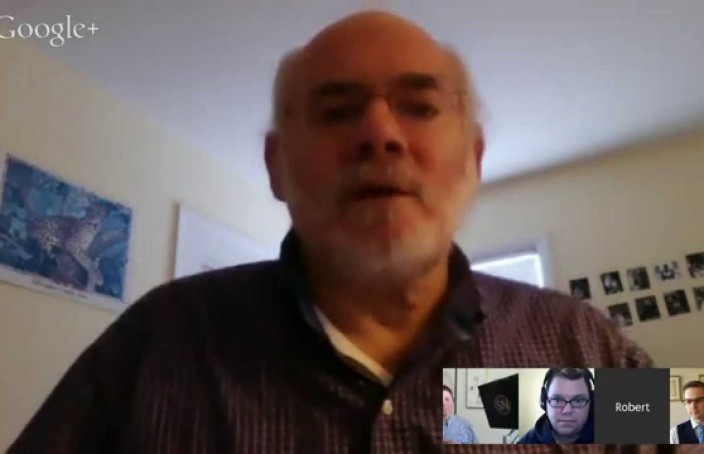Reimagining the Orchestra Subscription Model
It’s no accident that the most influential book in our field may have been Danny Newman’s Subscribe Now!. Selling tickets by subscription has long been the foundation of orchestras’ earned revenue stream. And most orchestra musicians who’ve had to pay attention to their orchestra’s finances have heard some variant on how the subscription model is fading[…]
Read More




My point was not to defend Mr. Perelman, although the "feud" between him and the other board member is, at…